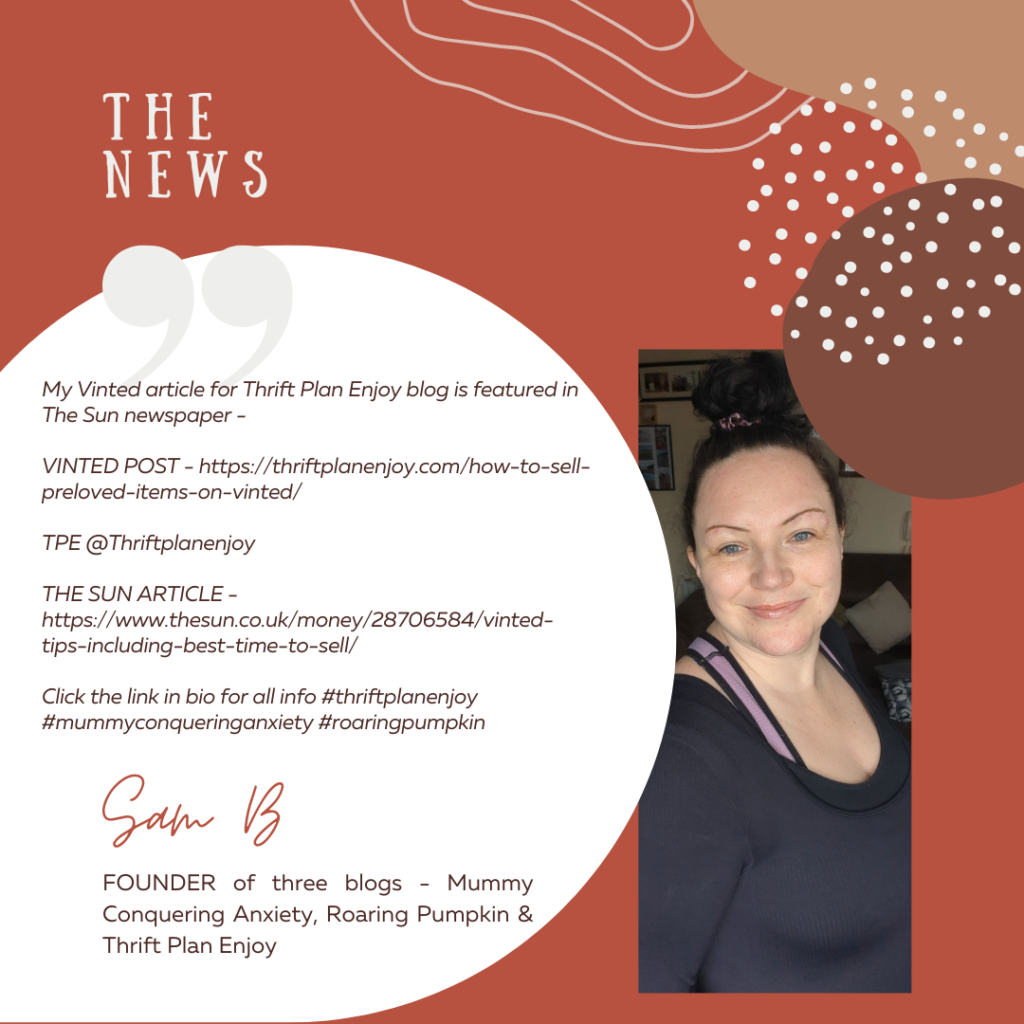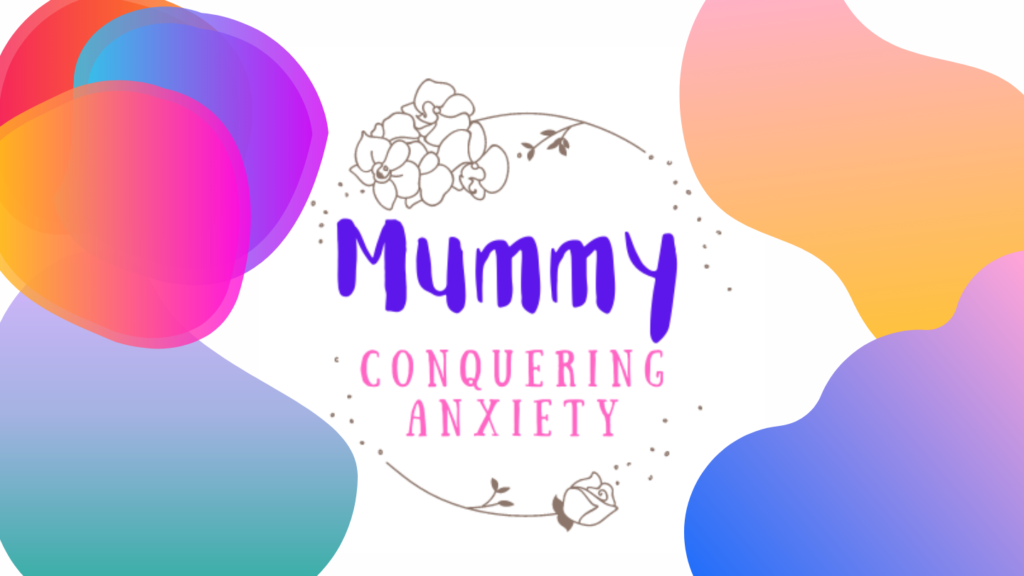This gift guide featuring Sustainable Brands has been in the pipeline for a while now. As a family, we do our bit when it comes to recycling and saving electricity. We eat less meat and have downsized to one car. The next step for our family is to move to sustainable household products. And to cut down on buying single-use plastic.

Quick Note: This post features gifted items and affiliate links – if you click on a link to make a purchase, I will receive a small commission, at no additional cost to you
Toby Tiger
What makes the brand sustainable?
All the garments produced are certified by the Global Organic Textile Standard (GOTS) to ensure they meet strict environmental standards for the production of textiles. In addition, all clothes are made in a safe and clean environment by well-trained employees who have the right to trade union meetings, safety gear and social benefits.
My thoughts on the product
I was thrilled to be contacted by the brand and gifted this wonderful organic cotton dress for my little one to try. The material is such high quality and feels great against the skin. Not to mention the beautiful pattern. I chose this one because she is constantly talking about wanting to be a rainbow unicorn. So cute.
As you can see from the images, she loves wearing this item. I would purchase from this brand again, simply because the quality is great and the items of clothing will last a long time. I purposely ordered a thing which was a little bit too big on her, so hopefully, it will last her a few years.
WUKA
What makes the brand sustainable?
WUKA stands for Wake Up Kick Ass because we believe that nothing should hold you back on your period.
We believe that periods should not cost the earth. Equality and social and environmental responsibility are at the heart of everything we do.
We replace plastic-riddled disposable pads & tampons with the world’s most comfortable and sustainable period underwear.
Periods are not shameful, but something to be proud of. We’re determined to break down body and period taboos.
- Eco-friendly products & business practices.
- Less waste. From our packaging to our products.
- Leak-free periods.
- Super comfortable.

My thoughts on the product
I have wanted to work with WUKA for a while now. As a female, in my late 30’s, sustainable period products are a must. It’s the one pretty significant contribution I can make monthly. As far as Sustainable Brands go, this was one of the main retailers I have heard great things about.
The company sent me a sample to try and I must say, the quality of the product feels fantastic. I was apprehensive at first. As a working mum, who is mostly out of the house, there was a worry about freshness. With reusable products, you can dispose of any used items. And it makes you feel refreshed and less anxious when you are out in public. However, I would use this product on the days I am at home. And when it comes to sustainability, every little change we can make helps.
Earth & Wheat
What makes the brand sustainable?
The mission at Earth & Wheat is to fight food waste, rescuing high-quality bakery, veg, and other ingredients which sing in your pan, whilst reducing food waste.

My thoughts on the product
This box has honestly been a real treat for our family and served us well over the last month. It’s taken lunchbox sandwiches from standard to a deli treat.
I froze the majority of the box because there was a lot to go around. And I was impressed when I didn’t get soggy bread following defrosting process. As you do with normal, shop-bought bread.
We plan to purchase this box on a subscription monthly. Then defrost the items as we need to use them.
Here is what we did with our items:
- Wraps – for work lunches and yummy breakfast wraps on a weekend
- Flatbread – we used this to accompany our chilli, on a rare child-free weekend night. And it took the meal from everyday standard – to something which felt a bit more special. For a small additional cost each month.
- Soft panini – these are pre-sliced and so soft, I ate a few plain
- Pitta bread – Great for dips, and eating as a snack
- Crumpets – we love crumpets in our house and these did not disappoint
REFERRAL OFFER – sign up & get £3.00 off (I get £2.00 per referral)
FFS
What makes the brand sustainable?
FFS, yep you read that right! For F*ck sake! The 3 words that express our frustrations! It started with female razors being inferior to male razors, seriously WTF is that all about? We fixed that!
Now our mission is much more!
We want to banish single-use plastics from homes and we believe that planet-friendly purchasing should not cost the earth!
FFS now stands for much more.
My thoughts on the product
I’ve now tried the razor and the whole kit is fantastic.
Let’s start with the shower clip. It’s stayed in place, despite some hot baths & showers over the last few days. Sometimes the sticky pads on bathroom holders slip off. But this one doesn’t.
The razor itself is amazing, such a clean shave but no risk of cutting yourself, because of the protective strips. It’s by far the best razor I’ve had and I am about to subscribe to the blades. Not to mention, the amazing razor handle, which is engraved and personalised for you. All around, a fantastic kit and I cannot recommend this brand highly enough.

What do you get in your kit?
- Reusable weighted handle (+ free engraving)
- 2x super sharp blades
- Shower holder – to keep razor dry and protected
- Handy Green Travel Pouch
- Tweezers
- Clamshell Blade Protector
DISCOUNT CODE
Discount Code:
- Discount Code: MUMMYCA
- 15% off the first eco-friendly subscription box
- Expiry: 30.04.2023
- Terms: Offer expires 31.04.2023. (15% off applies to razor kits only. New customers only.)
Wild Refill
What makes the brand sustainable?
Millions of bathroom products are thrown away every year and the sustainable and natural alternatives out there don’t cut it — until now. At Wild, we want to shake up the throwaway culture of bathroom products with high-performing products made from natural ingredients that never compromise on convenience or efficacy.

My thoughts on the product
I haven’t yet tried the deodorant, but there are mixed reviews online about how well this product works. As with all skincare & beauty brands, it depends completely upon the person using it. How your body reacts and what your skin is comfortable with.
The smell is amazing and I love the look of the dispenser. I would encourage anyone to give this a try and do their bit to help with sustainability.
Smol
What makes the brand sustainable?
We believe that each of us, every person, every customer, and every action, no matter how small, can contribute towards a better world. Our commitment to powerful performance with eco-friendly design, convenience and a great price makes more sustainable cleaning the effortless choice. Since its launch in 2018, customers switching to Smol have saved over 300 tonnes of plastic and more than 1000 tonnes of chemicals.

My thoughts on the product
I ordered the Smol samples, where you pay the delivery fee only. Simply because I have wanted to try the brand for a while. The dishwasher tablets and the kitchen spray were great. And I would reorder the kitchen spray tablets.
However, the non-bio laundry tablets have brought my little one out in a rash. I also read some online posts confirming this happened to other people. That said, I am aware that certain laundry liquids can react badly with sensitive skin. But for this reason, we wouldn’t be in a position to reorder the laundry liquids and I have passed them onto a family member for use.
I did just want to say, that when you are ordering the samples, for which you only pay the delivery, you need to be aware that you will automatically be put onto a subscription. And you need to go into your account and cancel if you don’t want the next batch. Which are charged at a higher cost. I thought the reorder would be sent too soon and it didn’t allow me any time to try the products first.
Unfortunately, Smol were not that sympathetic to the situation with my little girl. And despite complaining, a refund wasn’t forthcoming. Upon notification of the rash, I would have expected the refund to be made ASAP, regardless of a product being sent or returned.
Final thoughts
I am on the lookout for more sustainable brands. Whether that be buying second-hand or trying brands with a total focus on helping the environment. If you would like your brand reviewed, or you want to work with me on a collaboration, visit this page.
Let me know in the comments whether you’ve tried these brands before and what your thoughts are





























































